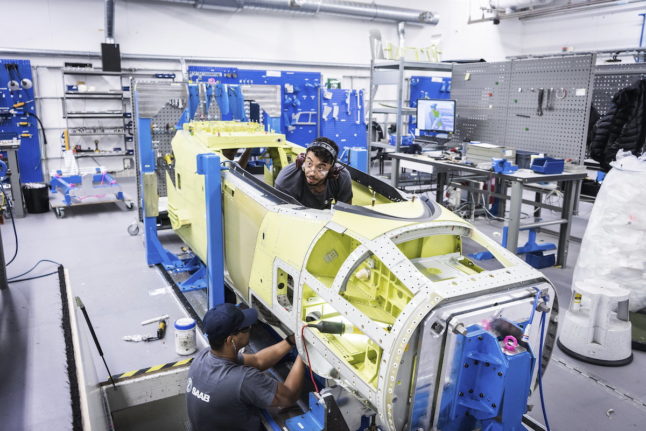There are now 53,000 Indian-born people living in Sweden, meaning they now outnumber the 40,277 Norwegians and 38,070 Danes living in the country, and are almost neck and neck with the 55,642 people born in Germany.
Unsurprisingly, Indians are concentrated in and around Sweden’s big cities, with nearly 9,700 living in the City of Stockholm, and nearly double that if you add in the neighbouring municipalities of Solna, Sollentuna, Järfalla, Huddinge, Sundbyberg, and Botkyrka.
There are 9,400 living in Gothenburg Municipality and 2,192 in the City of Malmö.
There are also clusters in smaller cities, however, driven by local businesses employing Indian IT workers. There 700 Indians living in Älmhult, where Ikea is headquartered, 2,202 based in Helsingborg, where Ikea bases much of its IT development, and about 1,000 living in Linköping, the headquarters of Saab Aerospace.
Perhaps more surprising than how concentrated Indians are is how widely spread out they also seem to be. There is at least one Indian-born person registered as living in all but four of Sweden’s 290 municipalities (Bräcke in Jämtland, and Dorotea, Arvidsjaur, and Jokkmokk in icy northern Norrbotten, if you’re interested).
Can the sole Indian citizen registered in Arjeplog get in touch? We’d love to hear about what you’re doing up there.
Here are Sweden’s top ten municipalities in terms of the number of Indian residents:



 Please whitelist us to continue reading.
Please whitelist us to continue reading.
Hi,
Just curious to know why thelocal decided to write special articles about Indians?
Lot of IT guys from India are coming to Sweden these days encouraged by the visa sponsorship offered by big sweden companies.
Thanks,
Ravi
Hi Ravi,
This article in particular we’re hoping to do for other nationalities as well who are interested in seeing where their compatriots have ended up in Sweden. But we are also doing more articles aimed at our Indian readers, in particular for our monthly Indians in Sweden newsletter, which members can sign up for in their newsletter settings. We know that we have a lot of Indian readers, and many of them have told us in emails, comments and surveys that they would like more articles about the Indian community in Sweden.
https://www.thelocal.se/tag/indians-in-sweden
Thanks for the comment!
Emma